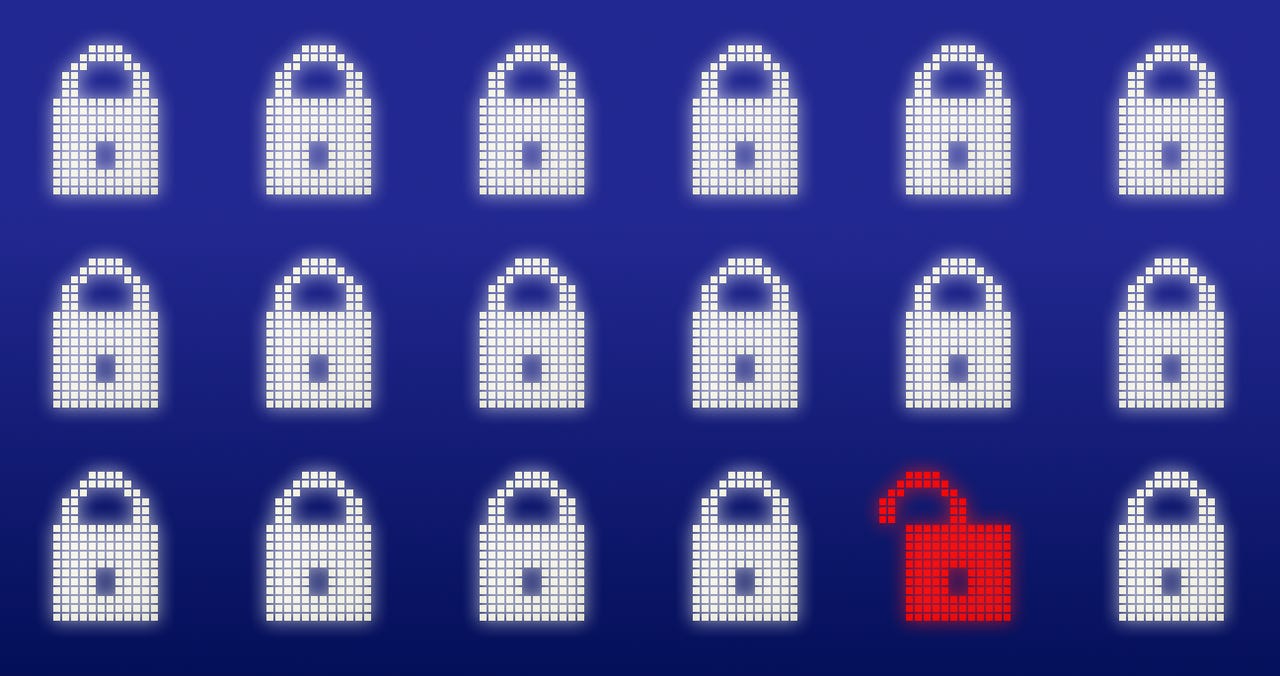UK teenager charged for supplying malware used in global attacks


A UK teenager has been charged with supplying malware to cyberattackers to help them take down high-profile companies.
According to the West Midlands Police, 18-year-old student Jack Chappell allegedly supplied denial-of-service (DoS) malware used to enslave PCs into a botnet for conducting disruptive attacks.
Distributed denial-of-service (DDoS) attacks use computers controlled by this type of malware to flood domains with illegitimate traffic, therefore barring legitimate traffic from passing through.
Such attacks can cause severe disruption and lost revenue for victim businesses.
The student from Stockport reportedly supplied the malware, ran an online helpdesk, and gave cyberattackers the tools they needed to conduct campaigns against the websites of T-Mobile, EE, Vodafone, O2, BBC, BT, Amazon, Netflix, Virgin Media and the National Crime Agency (NCA).
An attack on NatWest in 2015 which took down the firm's online banking systems has also been connected with the student's services.
Chappell was charged following an investigation led by the West Midlands Regional Cyber Crime Unit, assisted by Israeli Police, the FBI, and Europol's European Cybercrime Centre.
"He has been charged with impairing the operation of computers under the Computer Misuse Act, plus encouraging or assisting an offense and money laundering crime proceeds together with an American national," West Midlands Police said in a statement.
None of the attacks the student was involved in resulted in the loss or theft of customer data, law enforcement added.
The student will appear at Manchester Magistrates Court today.
See also: Europol cracks down on ATM black box attack scheme
Last month, Europol took down a cybercrime ring which offered criminals software for circumventing traditional antivirus products, keyloggers, and Remote Access Trojans (RATs). Six members of the group, so far, have been arrested.